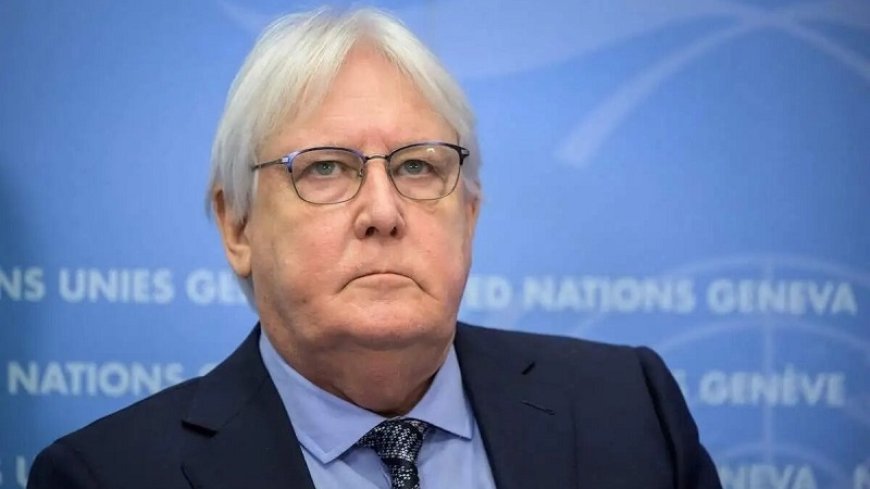Amnesty International's request to investigate war crimes of the Zionist regime
Amnesty International has called on the International Criminal Court (ICC) to investigate alleged crimes committed by Israeli forces in Rafah, Gaza Strip. The human rights organization cited multiple attacks that resulted in significant civilian casualties, including children.

Amnesty International has called on the International Criminal Court (ICC) to investigate alleged crimes committed by Israeli forces in Rafah, Gaza Strip. The human rights organization cited multiple attacks that resulted in significant civilian casualties, including children.
According to Amnesty International, Israeli military actions in Rafah and the al-Maghazi area of central Gaza in mid-April resulted in the deaths of 44 Palestinian civilians, including 32 children. These incidents occurred on April 16 in al-Maghazi and on April 19 and 20 in Rafah.
Erika Guevara-Rosas, Amnesty International's Americas Director, condemned the attacks, stating: "These acts by the Israeli military highlight a blatant disregard for international law and the fundamental rights of Palestinian civilians." She emphasized that Amnesty International had conducted an independent investigation, interviewing 17 survivors and witnesses and visiting hospitals treating the injured.
This call for an ICC investigation follows recent developments where ICC Chief Prosecutor Karim Khan issued arrest warrants for Israeli Prime Minister Benjamin Netanyahu and Defense Minister Yoav Galant, accusing them of war crimes and crimes against humanity. Should the ICC judges accept Amnesty's request, all 124 member states would be obliged to detain the Israeli officials.
In a related development, Nawaf Salam, President of the UN International Court of Justice (ICJ), disclosed that South Africa has urged the court to take further action regarding the military operations in Rafah. Salam cited the Treaty on the Prohibition of Genocide, warning that continued military action could lead to the complete destruction of Rafah and urged Israel to halt its operations immediately.
On May 6, the Israeli war cabinet approved a ground offensive on Rafah, which commenced the following day despite widespread international opposition. This operation is part of a broader military campaign in Gaza and the West Bank, ongoing since October 2023, supported by Western countries, notably the United States and Britain.
The conflict has had devastating effects on Gaza's civilian population. Over the past seven months, Israeli attacks have resulted in the deaths of at least 36,000 Palestinians and injuries to more than 80,400, with many of the casualties being children, women, and the elderly. Additionally, more than 13,000 Palestinians are reported missing, believed to be trapped under rubble, with rescue efforts hindered by ongoing hostilities.
The United Nations Relief and Works Agency for Palestine Refugees (UNRWA) reported that over 85% of Gaza's residents have been displaced, many multiple times. Martin Griffiths, the UN Under-Secretary-General for Humanitarian Affairs, condemned the recent airstrikes on Rafah, stressing the urgent need to protect civilians and facilitate humanitarian aid, which has been obstructed by the conflict.
In a recent attack, Israeli forces targeted refugee camps in northwestern Rafah with rockets and large bombs, killing at least 41 Palestinians and wounding dozens more, further exacerbating the humanitarian crisis in the region.













































